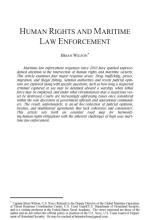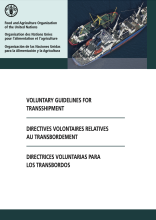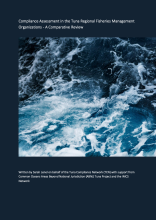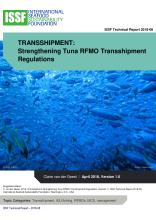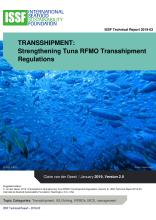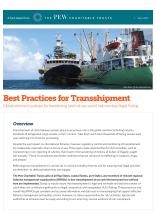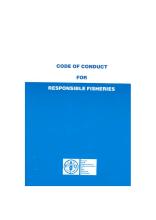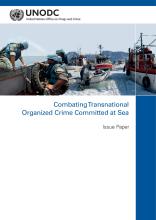Human Rights and Maritime Law Enforcement
This article examines four major maritime law enforcement response areas: Drug trafficking, piracy, migration, and illegal fishing. It examines specific questions related to fisheries law enforcement including the detention of IUU fishers, use of force and under what circumstances may a vessel be destroyed. It finds that courts are increasingly addressing issues once considered within the sole discretion of government officials and operational commanders with the result being an ad hoc collection of judicial opinions, treaties, and multilateral agreements that lack coherence and consistency.
Topic
Language
